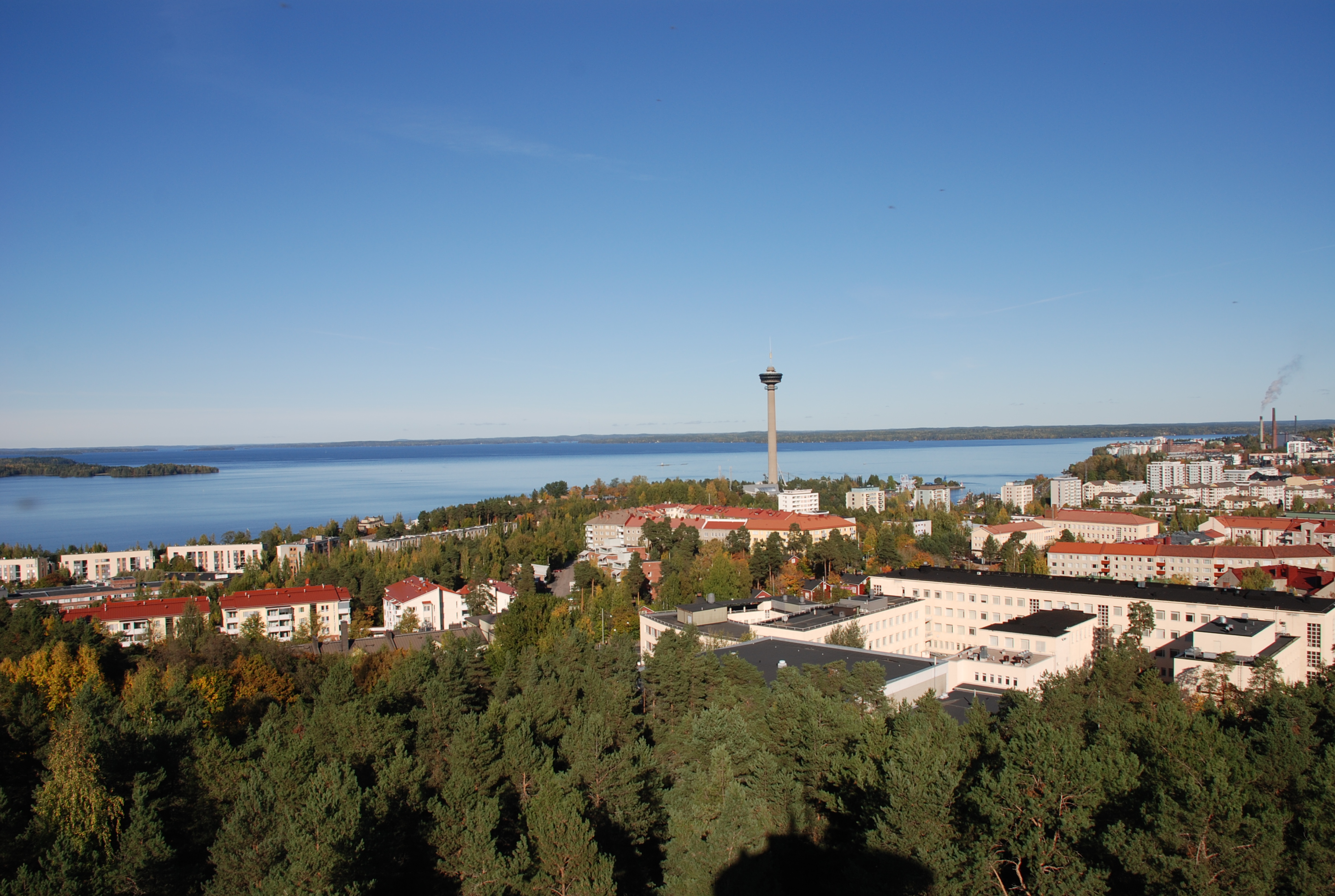
***Dear colleagues, in the context of COVID-19 virus situation, the workshop will be held online on June, 17. Please register for free by June, 15 here ***
The workshop is part of the series of workshops of Erasmus+ Jean Monnet project entitled “Boosting the European integration process in a time of crisis through the Triple Helix: strengthening the delivery of EU policies for growth and jobs” (HLX4EU). The project seeks to improve the delivery of three key EU policies in the real world through the concept, method and approach of the Triple Helix.
In the Tampere workshop, we engage scholars, policy-makers, relevant practitioners and citizens to discuss how Europe can better respond to two intricately interrelated transformations, namely societal transformation and university transformation through constructing “socially responsible entrepreneurial university” (Cai, 2018). The concept entails the ideas of entrepreneurial university (Clark, 1998; Etzkowitz, 1983, 2017), “civic university” (Goddard et al., 2016; Goddard & Vallance, 2013), and “responsible research and innovation” (Monsonis-Paya et al., 2017) in higher education. It underlines the “third academic revaluation”(Etzkowitz & Viale, 2010) and the “model 3 knowledge” production (Carayannis & Campbell, 2012), which stress the role of university in social transformation and engagement of citizens.
Promoting the construction of socially responsible entrepreneurial university is an essential element for strengthening helix interactions in EU, which are the foundations for booting innovation and socio-economic development in EU, being globally competitive and taking global responsibilities. The workshop will focus on the following three themes:
1) University dynamics and transformation: entrepreneurial spirit and Innovations in higher education,
2) Knowledge co-creation: responsible research and innovation in higher education
3) Societal transformation and its implications on higher education: Responses of higher education to society.
The main actors or invited participants related respectively to the three themes are:
• Academics, university leaders, administrators, students
• Academics, intermediaries, citizens,
• Entrepreneurs, innovation workers, policy-makers and decision makers
